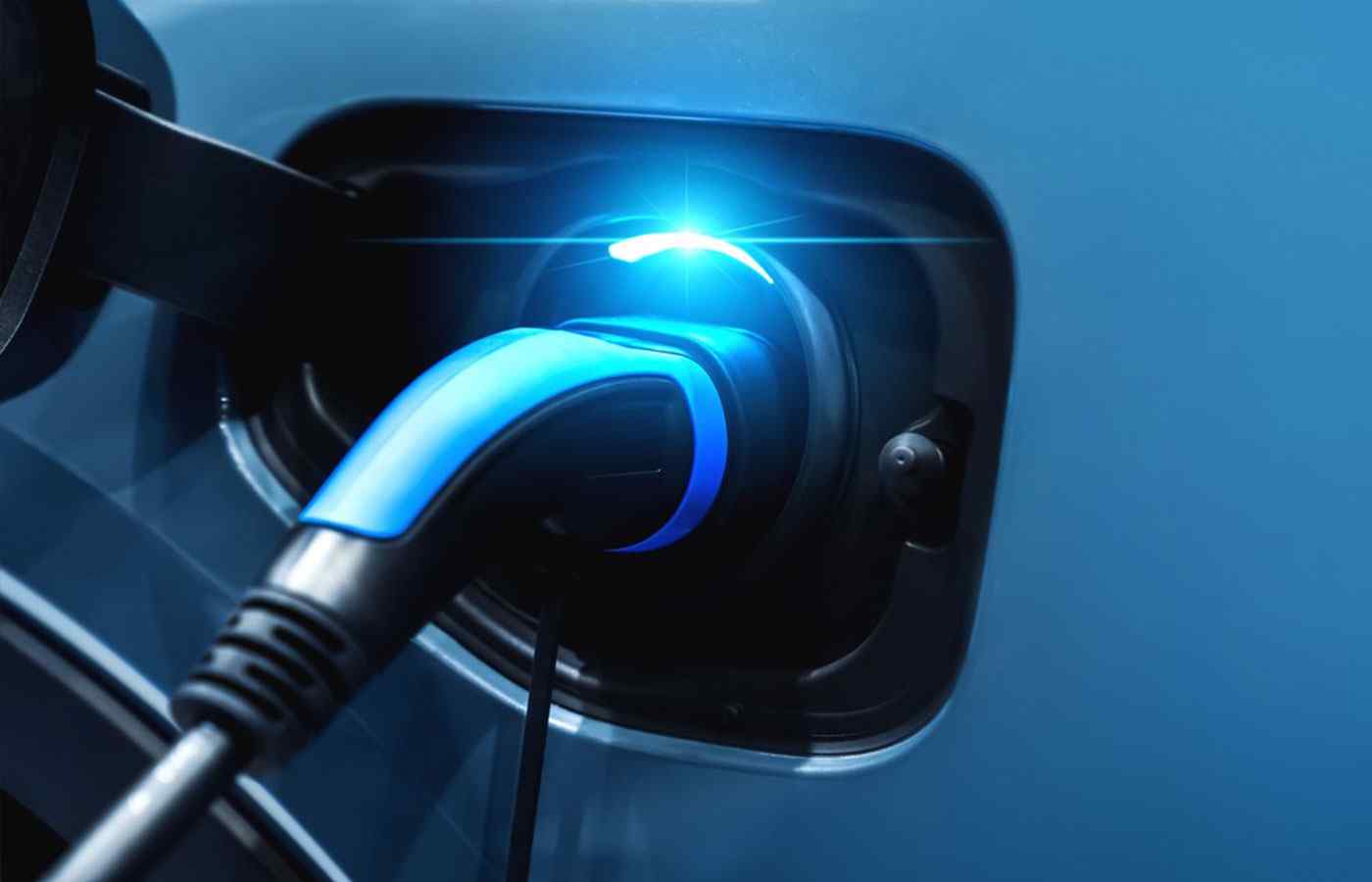The battle between hydrogen and electric vehicles is starting to ramp up. It’s no secret that the world is slowly transitioning to lower its carbon footprint. After all, with freak weather incidents becoming more commonplace and more severe weather records being broken each year, the effects of climate change are becoming ever more apparent.
In 2019, roughly 29% of the greenhouse gas emissions in the US came from the transportation sector. So seeing the phase-out of petrol and diesel vehicles in favour of electric ones is hardly surprising. But recently, hydrogen has been getting a lot of attention in Europe. So is this a better alternative? Let’s take a closer look.
Why hydrogen is getting attention
Despite the common belief, there is no combustion process for hydrogen-powered vehicles. Instead, the element is combined with oxygen to create water. It’s fun to think there is a small watermill inside the car. But the reality is that the chemical reaction releases electrons that power the motor, with excess electricity being stored in a battery.
Fuel efficiency for hydrogen-powered vehicles is actually higher than both petrol and diesel. And because it uses a battery just like any other electric car, the range is roughly the same. However, one massive advantage is that it only takes around 5 minutes to fully refuel, compared to an hour for electric vehicles (and that’s with a Tesla Supercharger).
Needless to say, the technology sounds incredibly promising. But it’s far from perfect. Hydrogen’s biggest issue is that it has a tendency to explode when a simple spark comes into contact with the gas. That’s not good news for anyone that might end up in a serious accident on the road. What’s more, the gas is not exactly cheap to produce or transport in large quantities.
This is something that existing electric vehicles don’t really have much trouble with. But, both technologies have quite a hurdle to overcome in regards to sourcing their fuel.
The indirect environmental impact problem of electric vehicles
Directly, both hydrogen and electric vehicles don’t emit greenhouse gases. However, indirectly there is a problem. Existing renewable energy infrastructure is seriously lacking worldwide. That means that most electric cars today are being powered by electricity generated from burning fossil fuels.
Hydrogen has a similar problem. The vast majority of the world’s supply comes from extracting the element from hydrocarbons in a chemical process that releases carbon dioxide into the atmosphere.
Fortunately, this creates quite the opportunity for investors. Why? Because there is a wide range of companies attempting to solve these issues.
Problems breed investing opportunities
Here in the UK, ITM Power (LSE:ITM) has invented new electrolyser technology that lets it extract hydrogen from water at a relatively low cost and with no emissions. Meanwhile, AFC Energy (LSE:AFC) have created a recharging system for electric vehicles that uses hydrogen instead of drawing power from the national grid.
With enormous investments being made into renewable energy infrastructure in the US, the solar, wind, and bioenergy firm have seen a large jump in share price. First Solar (NASDAQ:FSLR) saw its stock double in 2020. At the same time, turbine designer American Superconductor Corp (NASDAQ:AMSC) watched its share price rise as much as 300%. Even Tesla (NASDAQ:TSLA) has recently seen performance improvements for its historically lacklustre SolarCity division.
But despite the vast number of choices available to take advantage of, I’m currently sitting on my hands for now. As I said at the beginning, this transition to renewable energy sources and the elimination of carbon emissions is not a secret. As a result, the valuations of these hydrogen and renewable energy businesses are exceptionally high. And some are outright absurd.
Personally, I think this industry is definitely worth watching. But it’s too soon to tell which technology or company will come out on top. That opens up a lot of uncertainty. And with it, risk.
RELATED: How to analyse hydrogen stocks
Discover market-beating stock ideas today. Join our Premium investing service to get instant access to analyst opinions, in-depth research, our Moonshot Opportunities, and more. Learn More
Zaven Boyrazian does not own shares in any of the companies mentioned. The Money Cog has no position in any of the companies mentioned. Views expressed on the companies and assets mentioned in this article are those of the writer and therefore may differ from the opinions of analysts in The Money Cog Premium services.





